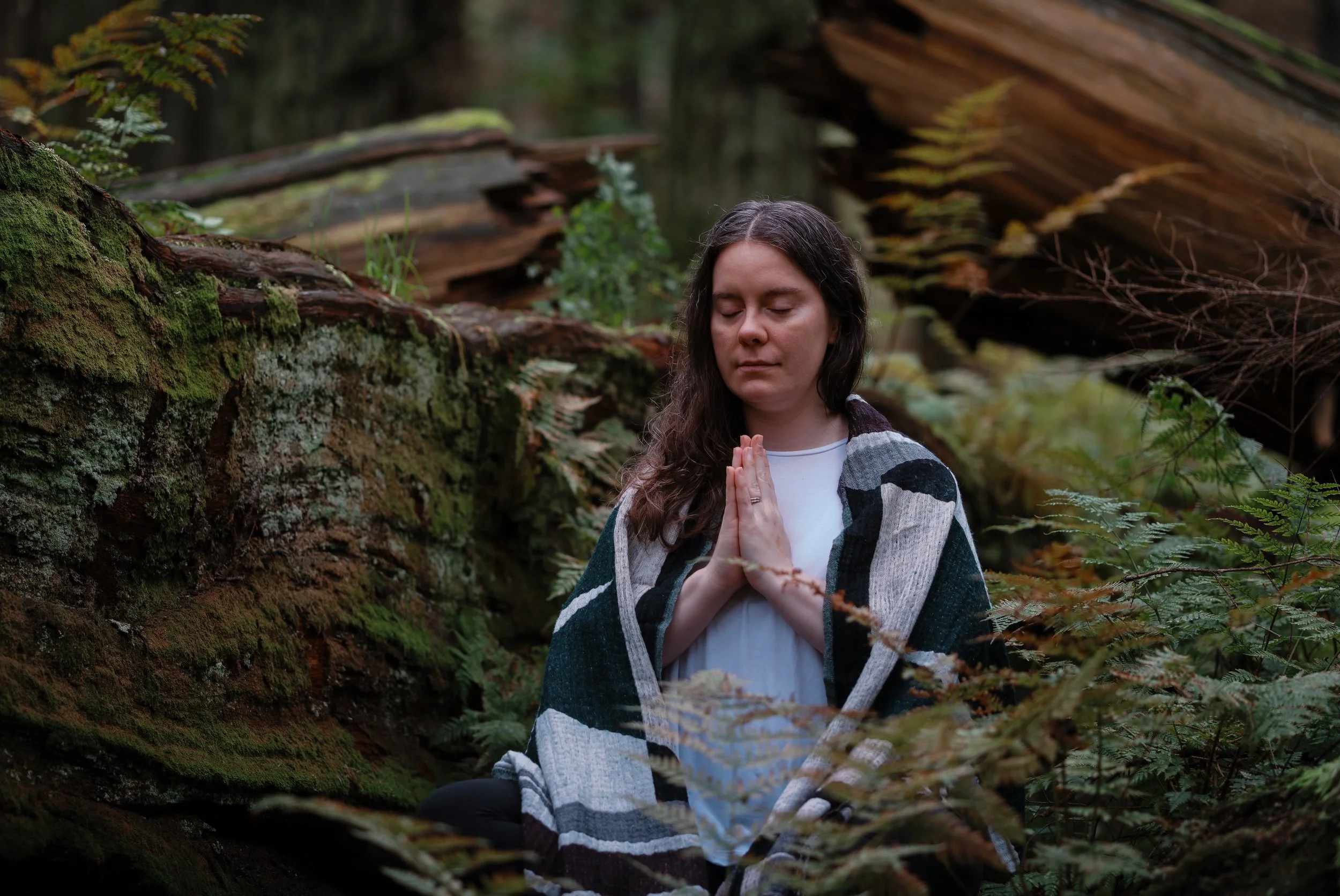Private Classes
Private yoga classes are a great way to build a sustainable practice tailored to your specific needs, lifestyle, and schedule.
Private classes may provide a safer environment for beginners, or assist you in delving deeper into your existing yoga practice. Working one-on-one can help ensure your physical and emotional needs are being met, and may allow you to feel less anxiety and self-consciousness while practicing.
Practicing Online
Online classes can allow you to practice at almost anytime, in almost any place, which allows yoga to compliment other weekly activities, or squeeze into a busy work week. It can also be helpful if, for any reason, accessing physical spaces is challenging.
Trauma-Informed Yoga
Trauma-informed, or trauma sensitive yoga, was developed at The Trauma Center in Brookline Massachusetts in 2002. Elements of Hatha yoga were adapted to help individuals reconnect to their bodies through simple and direct action, cultivate interoception by inviting attention to sensation, inner awareness and embodied experience, and later develop personal practices for self-regulation.
While this was originally developed for trauma survivors, I believe that anyone can benefit from a class taught using this framework.
A strengths-based approach focuses on working in partnership to problem solve and find solutions using strengths, resources and abilities students already possess.
Hatha Classes
Hatha yoga classes will typically involve a sequence of yoga postures (asana), and may also include a grounding practice, a warm up, breath work (pranayama), and meditation(dhyana). Hatha yoga classes are generally slower paced and involve more static posture holds.
These classes can be beneficial at any level of experience, and class structure and specific postures can be adapted further to suit your body’s individual needs.
Vinyasa Classes
Vinyasa yoga will typically involve a creative, flowing sequence of postures (asana) that link together by syncing the breath to the movements. These types of classes are more fast paced and dynamic. They may include a grounding practice, a warm up, a vinyasa sequence like Sun Salutation or Moon Salutation and Chaturanga, standing poses, seated poses, and optional breath work (pranayama) and meditation (dhyana). While class structure and specific postures can still be adapted, some experience is recommended.
Restorative Classes
Restorative classes are Hatha yoga classes with minimal if any standing postures or holds and focuses primarily on physically stretching the body. These classes may include a grounding practice, seated and reclining postures (asana), breath work (pranayama), and meditation (dhyana). Some people find this type of yoga calming and soothing to the nervous system, so it may be an ideal way to wake up the body or to prepare it for sleep. These classes can be beneficial at any level of experience, and can be adapted for a chair, couch, or be done in bed.
Chair Yoga Classes
Chair yoga classes can be as complex as a fully adapted Hatha yoga class including postures (asana) or they can be as simple as welcoming some gentle movement into the body. Classes may include a grounding practice, a warm up with some dynamic movements, some static stretches or postures (asana), breath work (pranayama), and meditation (dhyana). These classes may be beneficial at any level of experience, for seniors, and for those experiencing chronic illnesses, chronic pain, or a physical disability that impacts mobility or balance. Classes can be done from a desk chair, kitchen chair, manual or power chair, or even on the couch.

